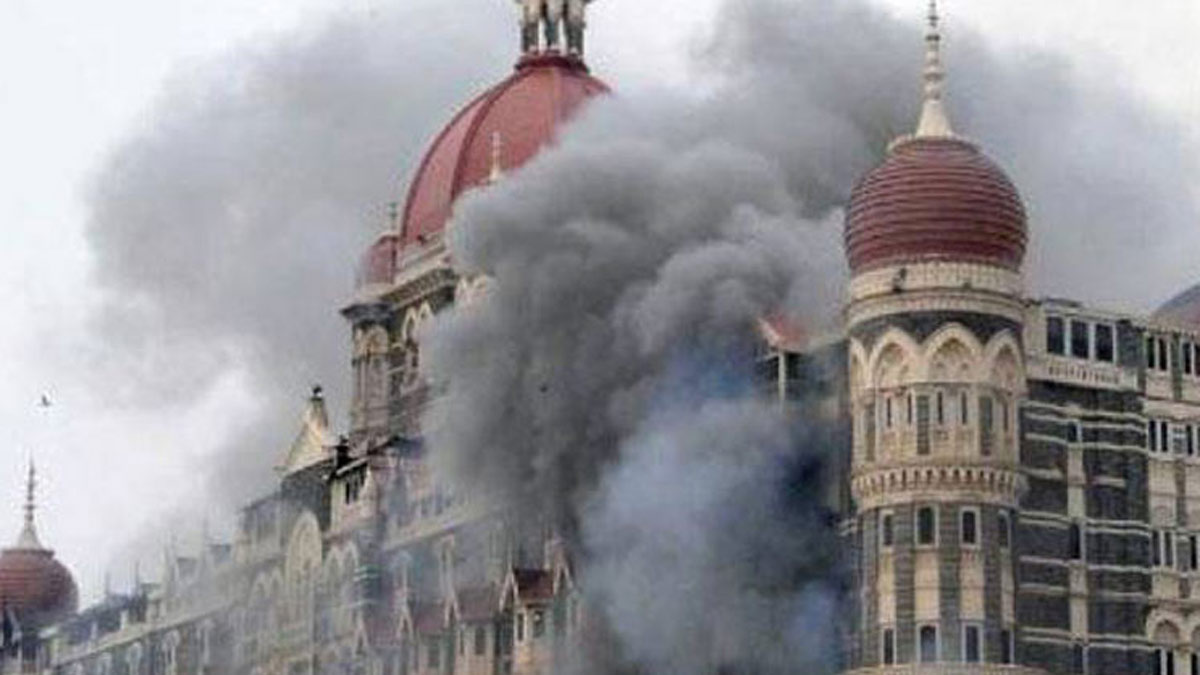It has been 15 years since the 26/11 attacks rocked the city of Mumbai and the nation. The memories of that fateful night still linger in the minds of those who lost their loved ones, and yet, it is a tragedy that nobody wants to remember anymore. The injury may have dried up but the wound is so deep, that any mention of it brings back haunting images of loss, pain, tragedy, mayhem, and sheer hopelessness. As THE WEEK tried getting in touch with those who survived the loss of their beloved family members, all we got to hear was, "just let us forget about it and move on. Don't make us go through the pain once again."
In 2018, THE WEEK had met with Mahale, retired senior police inspector, Mumbai Police, who wrote a book in Marathi, titled, 'Kasab Aani Mee' in which he gave a vivid account of the time he spent with Ajmal Kasab, the terrorist, as chief investigating officer of 26/11 attacks.
It was not easy to keep his fury in check at that time, he had said, when a man responsible for the death of hundreds was seated in front of Mahale, arrogant and unremorseful. “Of course, everyone wanted to kill him,” says Mahale. “But for me, the point was to thrash him with my pen by making foolproof documents.”
Mahale gained much acclaim for filing a 11,350-page consolidated chargesheet in 90 days. Three bulky iron cupboards in Mumbai's Crime Branch Unit 1 office stand testimony to the amount of work he and his team of 98 officers put in. The attacks were divided into 12 cases; each one was probed by a dedicated officer. “Kasab produced IDs claiming that he stayed in Bengaluru and had studied at a college in Hyderabad,” says Mahale. “My team flew to these places and returned the same day with recorded statements and evidence that proved his claims false.” The team met over 2,000 witnesses and spent more than Rs14 lakh. Mahale was part of the convoy that transferred Kasab to Yerwada Central Jail, Pune, for his execution.
He says that Kasab was child-like and insolent, but he concealed his vulnerability very well. “But just before entering the Yerwada jail during his last hours, we noticed that his pants were wet,” says Mahale. “So, mentally he was finished, but you could not tell it from his face.”
Both, Vaishali Ombale, who lost her father Tukaram Ombale to bullets fired by Kasab directly into his chest, and Sevantilal Parekh who lost his son and daughter-in-law to the attacks, asked us to not mention the tragedy again.
This was Sunil Parekh's last text to his father, Sevantilal: "Dad, prevail over mom, but see to it that we buy that flat. Our children will bless us." Minutes later, he and his wife, Reshma, were killed when terrorists opened fire on diners at the Tiffin restaurant at the Oberoi Hotel on the night of November 26, 2008. Fifteen years later, tears well up in Sevantilal's eyes as he says, "He lives inside me. He is alive in me."
To Sarla Parekh, whatever happened to her son was destined to be. "I knew it was God's wish," she says. "Sunil always drove himself, but that night he chose to be driven. Had he been driving, he would have gone to park the car instead of entering the hotel at that time," she says.
Time has moved on but the memories of that tragic day remain buried deep inside the hearts of those who've lost those whom they loved. Many of them simply don't want to think about it ever again.



